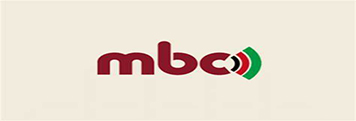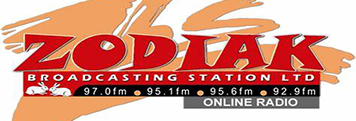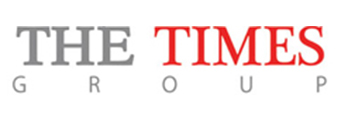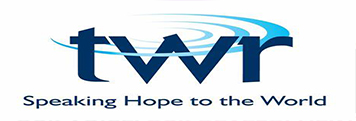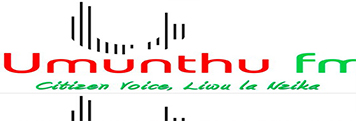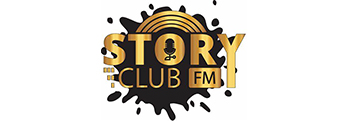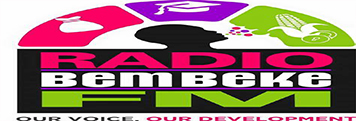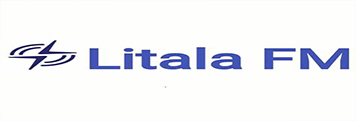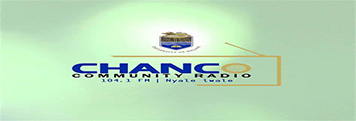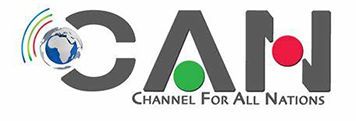The Media Council of Malawi, in partnership with the National Commission for UNESCO in Malawi, has trained journalists from various media outlets in the Southern region on election safety for media professionals and ways to collaborate with law enforcement agencies to carry out their duties effectively while ensuring their protection.
During the training, Media Council of Malawi Executive Director Moses Kaufa emphasized the importance of mutual understanding between media professionals and the Malawi Police Service, highlighting the need for both parties to recognize each other’s mandates to improve journalist safety during the electoral process. “We believe that when working in every environment, the first thing that you need to consider is your safety. So that’s why we felt that talking about issues of election coverage, need journalists to also reflect on their safety, and they cannot reflect on their safety without actually being reminded of their roles during elections, and also engaging the security agencies on how best we can collaborate to ensure a safe space during the electoral period,” he said.
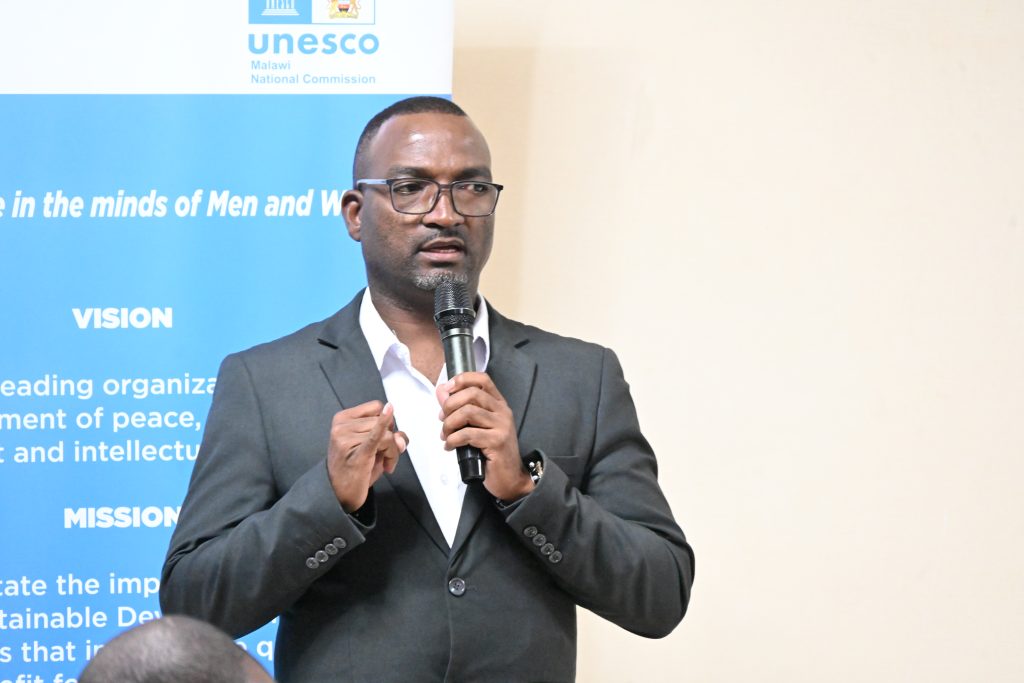
Deputy National Police spokesperson Harry Namwaza, one of the training facilitators, stated that the security service recognizes the challenges journalists face regarding their safety during elections and emphasized the need for strong collaboration between both parties to enhance journalist protection. “We want to ensure that during this period of elections, the journalists are safeguarded in terms of media freedom, and also that whenever they are on the ground, they should be well protected.” In his presentation, he outlined strategies journalists can use to protect themselves from threats and ways to collaborate effectively with the security service to ensure elections are fair, credible, and free of violence. The Malawi Police Service, through its Deputy National Spokesperson, has called for a review of the safety guidelines for journalists during elections, established in 2020, stating that they do not address the current gaps.
“It is not a legal binding document because the guidelines we are talking about here are just pointing at what the journalists should do during elections or when they are covering political events, what we want is that we need to sit down and come up with the a legal,
binding document so that it should be there every time and when they want to use it,” he said. The Media Council of Malawi has stated that, in collaboration with the security service, it will jointly develop the guidelines and formalize the agreement along with their commitments.
Participants received training on key topics, including the importance of professionalism and safety in the newsroom, maintaining professionalism while ensuring safety during elections, emergency response protocols for journalists, and physical security measures. A similar session was held in Mzuzu last month.


